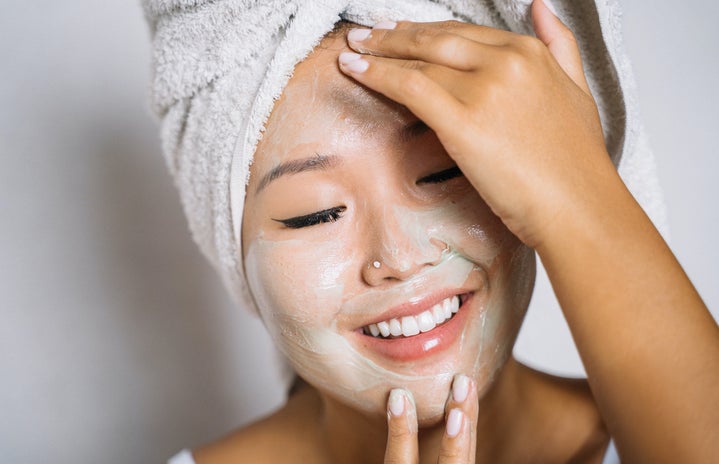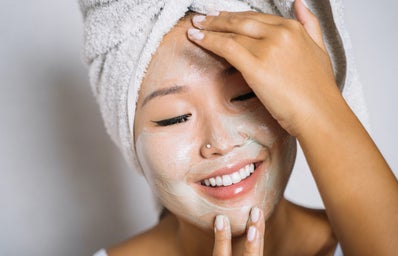Every culture and country come with its own standards, beauty rituals, and even clothing. Here is a breakdown of how different countries own different types of self-care.
- Japan
Gua Sha is a traditional Japanese facial massage technique aimed at promoting blood circulation, reducing puffiness, and maintaining youthful skin. They are easy to access and learning to use them is very simple as well. Start by washing your face, ensuring that your face is free from any bacteria, and hold the tool flat against the face. Move the gua sha from your forehead and motion in an upward direction. Slowly move the toll to your cheeks, moving the device outwards from the nose to the ear in a “swoop” motion. Finally, flip the gua sha around the two curved sections. Move the gua sha from chin to jawline until you reach your ear. Make sure to move the gua sha in one direction, to make sure you attract more blood and stimulate a specific area. Gua Sha directly translates to “scratch” and “sand.” This tool is known to improve fine lines and wrinkles, promote lymphatic drainage, and relieve tension from muscles.
- India
Ayurvedic Skincare is a tradition of adding natural ingredients and holistic approaches to skincare. Turmeric, neem, and sandalwood are commonly used. Ayurvedic masks are an integral part of Ayurvedic skincare, harnessing the power of natural ingredients to rejuvenate and nourish the skin. Each mask is tailored to individual dosha types: Vata, Pitta, and Kapha. According to Banyan Botanicals, Vata is characterized by qualities of air and ether, associated with creativity, movement, and quick thinking; Pitta embodies fire and water, governing metabolism, digestion, and intellect; while Kapha is defined by earth and water elements, influencing stability, endurance, and emotional balance. Ayurvedic masks work to balance the doshas, address skin imbalances, and promote a healthy, radiant complexion. Regular use of these masks is believed to enhance the skin’s vitality and restore its natural glow, aligning with Ayurveda’s holistic approach to well-being.
- Nigeria
Shea Butter and Black Soap are natural products that are widely used for skin care in Nigeria. Shea butter is known for its moisturizing properties and black soap is valued for its exfoliating ability. It contains vitamins and fatty acids that nourish and protect the skin and soothe the skin for conditions like eczema and psoriasis. Black Soap is made from plant-based ingredients like cocoa pods, plantain skins, and palm tree leaves. It is a gentle, yet effective cleanser known for its deep cleansing. They reflect a commitment to natural and sustainable approaches when it comes to beauty for the skin.
- Morocco
Hammam is a traditional Moroccan steam bath ritual that involves exfoliating, cleansing, and relaxation all in one. This isa practice that has evolved over many centuries and has been influenced by various cultures. Hammam baths have many benefits including deep cleansing, exfoliation, open pores, detoxification, relaxation, and stress relief. It is also known for improving circulation, soothing muscle aches and pains, and promoting hydration. Detoxication is also a very important part of this tradition. Applying a rhassoul clay mask, known for its detoxifying properties, is a part of the routine. It helps to draw out toxins from the skin. The overall goal of doing a Hammam bath is to deep cleanse the skin by using natural ingredients like black soap and exfoliating gloves. It effectively removes dead skin cells, dirt, and impurities, leaving the skin clean.
From exploring Indian Ayurvedic face masks to Morocco’s Hammam baths, we can see how beauty varies from country to country. Embracing these global influences not only expands our knowledge but also deepens our appreciation for innovative ideas that define beauty in their own ways.


